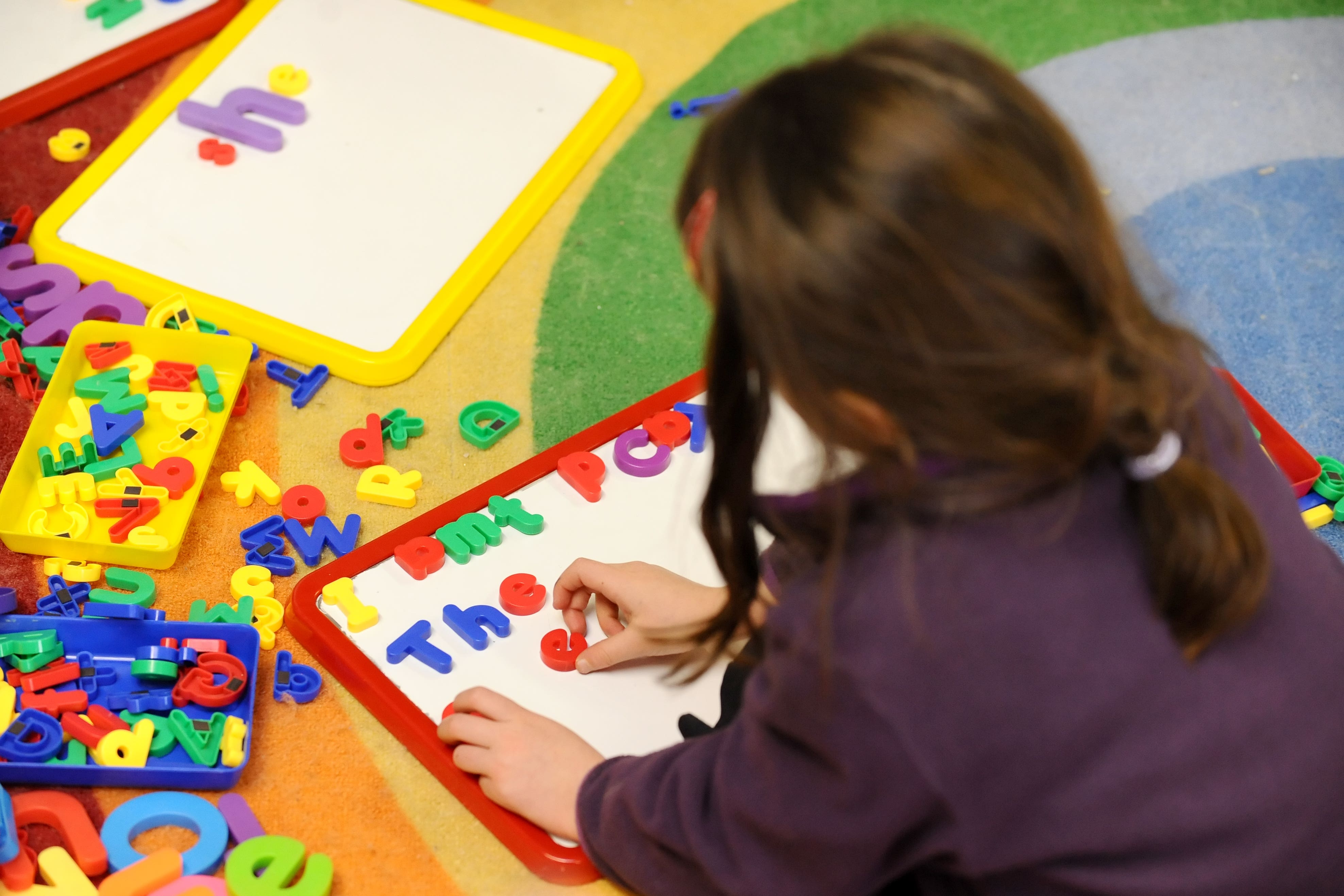Almost 70,000 children missing out on mental health treatment
Exclusive: Government urged to expand children’s mental health hubs further amid worsening crisis

Your support helps us to tell the story
From reproductive rights to climate change to Big Tech, The Independent is on the ground when the story is developing. Whether it's investigating the financials of Elon Musk's pro-Trump PAC or producing our latest documentary, 'The A Word', which shines a light on the American women fighting for reproductive rights, we know how important it is to parse out the facts from the messaging.
At such a critical moment in US history, we need reporters on the ground. Your donation allows us to keep sending journalists to speak to both sides of the story.
The Independent is trusted by Americans across the entire political spectrum. And unlike many other quality news outlets, we choose not to lock Americans out of our reporting and analysis with paywalls. We believe quality journalism should be available to everyone, paid for by those who can afford it.
Your support makes all the difference.Almost 70,000 children are missing out on mental health care they should be eligible to receive as the NHS falls short of key targets, The Independent can reveal.
An internal analysis, seen by The Independent, shows in England the NHS has fallen short of a target, set in 2019, for 818,000 children to receive at least one treatment session from Child and Adolescent Mental Health Services (CAMHS) in 2023.
The actual number of children who received treatment in the 12 months to December was 749,833, falling short of the target by around 9 per cent.
The figures came as the government announced this week it would expand the number of early access mental health hubs for children to cover 50 per cent of the country by 2025. However, campaigners urged ministers to commit to covering the entire country to help “turn the tide on the crisis” in children’s mental health services.
The NHS analysis shows, as of December, CAMHS in the South West was furthest away from its targets with 78 per cent of children seen out of those eligible. In London, 80 per cent of the target was achieved and in the North West 105 per cent.
The current targets for CAMHS access are lower than the estimated number of children with a probable mental health disorder – thought to be one in five in 2023. Last month, The Independent revealed some children have been left languishing for years on mental health waiting lists.
The shocking figures come after former health secretary Steve Barclay launched a review into mental health services including children’s services following a series of stories from The Independent.
The government announced on Monday that it plans to extend the number of early support mental health hubs from 70 to 84 across England – covering 50 per cent of the country.
This week more than 15,000 people, supported by charity YoungMinds, have signed a letter to chancellor Jeremy Hunt urging him to commit to fund early support hubs in every community in the upcoming Spring Budget.
A new analysis from the Royal College of Psychiatrists has also revealed NHS eating disorder services for children have not met targets for 95 per cent of children to be seen within a week following an urgent referral or four weeks following a routine one, since they were introduced in 2021.
The most recent data shows 63 per cent of those referred urgently were seen within a week in December and 79 per cent of those seen within four weeks for routine care.
The college warned there is also an “unacceptable gap” between the number of children being referred to specialist eating disorder services and those being seen with 6,073 referred each quarter last year but only 2,512 starting treatment.
Laura Bunt, chief executive at YoungMinds, said: “Referrals to mental health services are at a record high with more young people than ever in need of support with their mental health. We know that many young people are struggling in the aftermath of the pandemic, facing intense academic pressure to catch up on lost learning, a cost of living crisis and increasing global instability.
“Every young person should be able to access mental health support when they need it, but too many don’t get it until things get much worse. Services continue to be significantly underfunded and the number of young people receiving treatment falls woefully short of what is needed. To turn the tide on this crisis, the government must prioritise young people and their mental health by investing in prevention and early intervention.”
An NHS England spokesperson said the latest figures show the NHS is treating more young people than ever before – 46 per cent more than in the year 2019-20 – and that it is ahead of target on the number of school mental health teams.
A Department of Health spokesperson said: “We want to ensure that every young person gets the mental health support they need. Spending on mental health has increased by more than £4.5bn in cash terms since 2018/19. This funding will also increase the number of mental health support teams in schools to reach at least 50 per cent of England by 2025.
“Yesterday, we announced 24 early support hubs across the country, and the number of children and young people under 18 supported through NHS-funded mental health services has gone up by 31 per cent since March 2021.”
Join our commenting forum
Join thought-provoking conversations, follow other Independent readers and see their replies
Comments